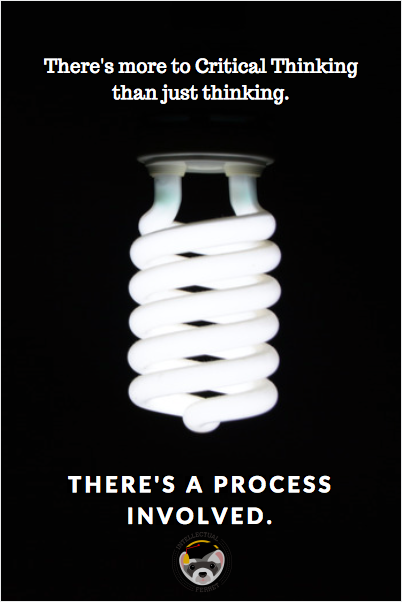Whenever I think of change, I think of this Pink Floyd song- particularly the lines “And did they get you to trade / Your heroes for ghosts? / Hot ashes for trees? / Hot air for a cool breeze? / Cold comfort for change? / And did you exchange / A walk on part in the war / For a lead role in a cage?”
Change is always uncomfortable. The very thought of doing something different is anesthetizing to most of us, causing us to stumble forward in hopes that the road we’re on will take us somewhere that’s halfway decent. All those dreams we had as children were destroyed long ago by the industrialized educational programs in this country that trained the “Why?” out of us, and with the “Why?” went the “Why not?” and all sense that we could do something different, that our dreams were worth holding on to.
The momentum required to overcome this inertia is ginormous! We aren’t inspired to change by money (it’s only temporary), by accolades (it’s even more temporary), or by our own economic survival. What I think, and I may be wrong, is that we are inspired to change when something deep down inside us sparks those childhood dreams. You know, the ones where you were the hero that saved everyone, where you were brave, strong, held to your values like a rock in spite of the odds against you, and came out on top because the good guys always win in the end.
That tiny, glowing ember of a burnt dream bursts into a flame when you find your destiny, that task you were designed for, that purpose for your life that you are compelled to pursue with passion. This is what fuels the momentum to carry us passed the point of no return, to stand on our hind legs like people and shout at the universe “I will succeed!”
Even though we know the odds are against us, we know that we will make it. We know that nothing will stop us- not because we are so great at what we do, but because we simply won’t give up. And it’s not that we don’t recognize the dangerous world we walk in- we see those dangers, but we are no longer cowed by fear into inaction.
One question I ask my business consulting clients is “If it were absolutely impossible for you to fail, what would you be doing with your life?”
All too often, the answer I get is something completely unrelated to what they are doing now. Why? Because they are afraid to step out and risk everything in pursuit of their dreams.
I’m convinced that 98% of success is just showing up and not quitting. The other 2% is learned behavior.
I remember one Building America research project I worked on. The local HVAC contractor was asked to install a high performance duct system designed by a colleague of mine from Florida, Dennis Stroer. About 4 months after the job was completed, I ran into Hector at another client’s office.
“Hector, how did that duct system work out? Was it less expensive to install?” “Yes.”, he replied.
“Was it faster to install?” “Yes.”, he replied.
“We know it performs better because we’ve tested it- so it’s less expensive, faster, and performs better?” “Yes.” he replied.
“So you’re going to put it in that way in all your homes from now on?” “No.” he replied, “It’s different, so we didn’t like it.”
Fear of change is costing that HVAC company thousands of dollars every year, the builders they work for thousands of dollars in unnecessary expenses, and the homeowners who have to live with crappy HVAC systems thousands of dollars over their tenure in the home. All because they are afraid to change.








